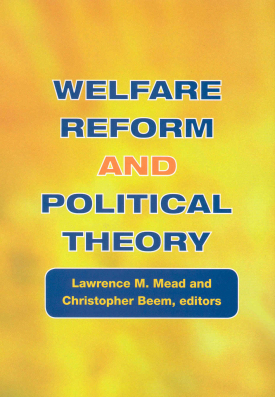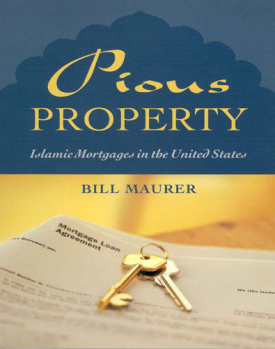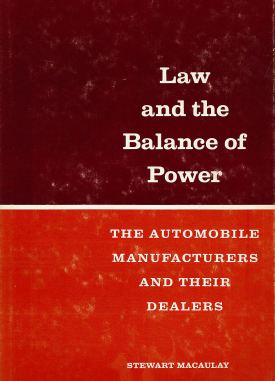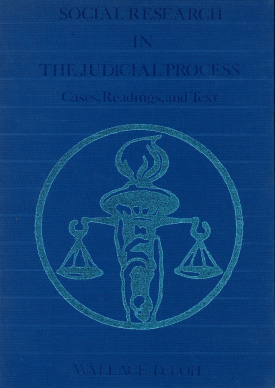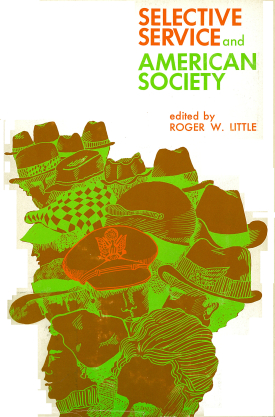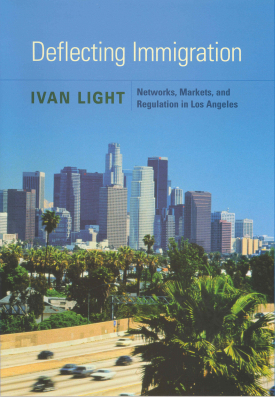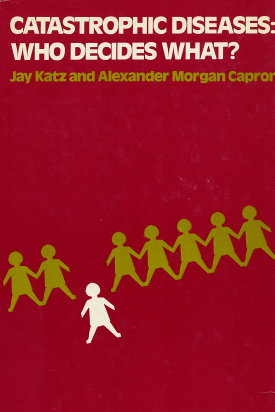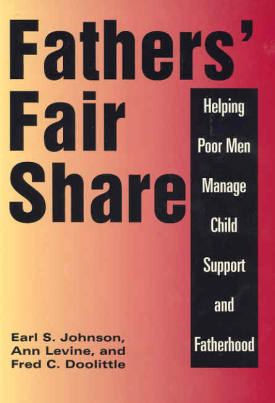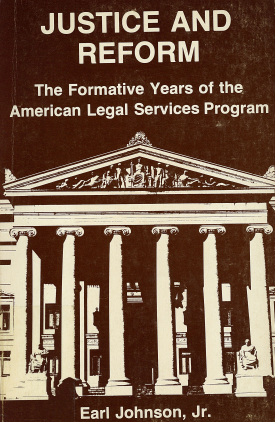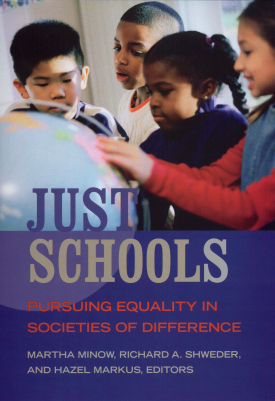
Just Schools
About This Book
Educators and policymakers who share the goal of equal opportunity in schools often hold differing notions of what entails a just school in multicultural America. Some emphasize the importance of integration and uniform treatment for all, while others point to the benefits of honoring cultural diversity in ways that make minority students feel at home. In Just Schools, noted legal scholars, educators, and social scientists examine schools with widely divergent methods of fostering equality in order to explore the possibilities and limits of equal education today.
The contributors to Just Schools combine empirical research with rich ethnographic accounts to paint a vivid picture of the quest for justice in classrooms around the nation. Legal scholar Martha Minow considers the impact of school choice reforms on equal educational opportunities. Psychologist Hazel Rose Markus examines culturally sensitive programs where students exhibit superior performance on standardized tests and feel safer and more interested in school than those in color-blind programs. Anthropologist Heather Lindkvist reports on how Somali Muslims in Lewiston, Maine, invoked the American ideal of inclusiveness in winning dress-code exemptions and accommodations for Islamic rituals in the local public school. Political scientist Austin Sarat looks at a school system in which everyone endorses multiculturalism but holds conflicting views on the extent to which culturally sensitive practices should enter into the academic curriculum. Anthropologist Barnaby Riedel investigates how a private Muslim school in Chicago aspires to universalist ideals, and education scholar James Banks argues that schools have a responsibility to prepare students for citizenship in a multicultural society. Anthropologist John Bowen offers a nuanced interpretation of educational commitments in France and the headscarf controversy in French schools. Anthropologist Richard Shweder concludes the volume by connecting debates about diversity in schools with a broader conflict between national assimilation and cultural autonomy.
As America’s schools strive to accommodate new students from around the world, Just Schools provides a provocative and insightful look at the different ways we define and promote justice in schools and in society at large.
MARTHA MINOW is Jeremiah Smith Jr. Professor of Law at Harvard Law School.
RICHARD A. SHWEDER is William Claude Reavis Distinguished Service Professor in the Department of Comparative Human Development at the University of Chicago.
HAZEL ROSE MARKUS is Davis-Brack Professor in the Behavioral Sciences in the Department of Psychology and director of the Research Institute of the Center for Comparative Studies in Race and Ethnicity at Stanford University.
CONTRIBUTORS: James A. Banks, John R. Bowen, Heather L. Lindkvist, Barnaby Riedel, Austin Sarat.

